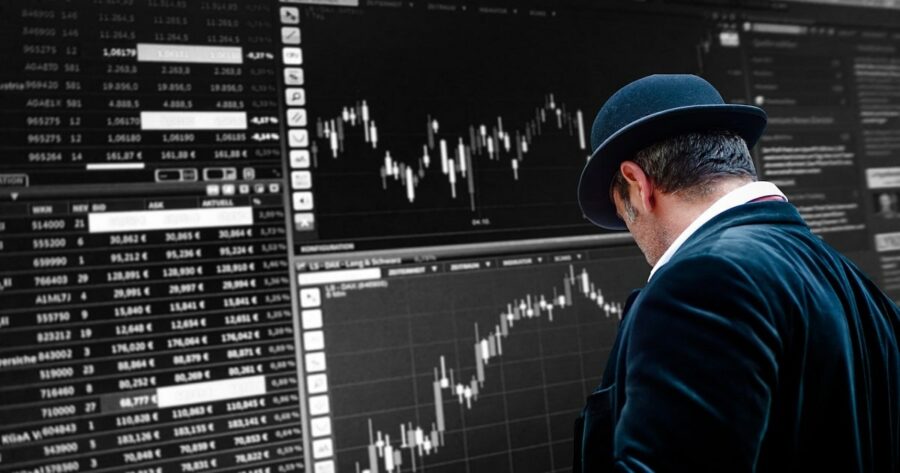The collapse of Silicon Valley Bank is still sending shockwaves through the financial industry, with many analysts questioning how such a once-proud institution could fall so fast. However, one aspect of the bank’s collapse has raised particular concerns: the actions of CEO Greg Becker, who sold over 12,000 SVB shares for $3.6 million just 11 days before regulators shut the bank down.
While there is nothing inherently illegal about what Becker did – as a shareholder, he had every right to sell his shares at any time – the optics of the situation are undeniably terrible. To many observers, it appears as though Becker was aware of the bank’s dire financial situation and chose to cash out his shares before the proverbial ship went down.
This is a bad look for Becker and for Silicon Valley Bank as a whole. As the CEO of a major financial institution, Becker is responsible for acting in the best interests of his shareholders, employees, and customers. Selling his shares just days before the bank was shut down sends a message that he was more concerned with his own financial well-being than with the health of the institution he was charged with leading.
Of course, it’s important to note that the collapse of Silicon Valley Bank was not solely the fault of Becker or any other individual. The bank was facing a number of serious challenges, including a run on deposits that saw $42 billion withdrawn by March 9th, leaving the institution with a massive deficit.
However, the optics of Becker’s actions are impossible to ignore. In a time when trust in financial institutions is already at an all-time low, the sight of a CEO cashing out his shares just days before the bank he leads collapses is deeply troubling.
It’s worth noting that Becker is not alone in his decision to sell his shares. Many other SVB insiders sold their holdings in the days leading up to the bank’s collapse, including the bank’s general counsel, Chief Marketing Officer, and Chief Financial Officer.
While there is nothing illegal about these sales, they do raise serious questions about Silicon Valley Bank’s culture and its leadership’s priorities. In the aftermath of the collapse, many customers and shareholders are left wondering whether the bank’s executives were more concerned with lining their own pockets than with managing the institution responsibly.
In the end, it’s clear that the collapse of Silicon Valley Bank will have far-reaching consequences for the financial industry. It’s also clear that the actions of Becker and other insiders will continue to be scrutinized in the days and weeks ahead. While there is no doubt that they had every right to sell their shares, the optics of their actions are undeniably terrible and will likely erode trust in the bank and its leadership for years to come.









